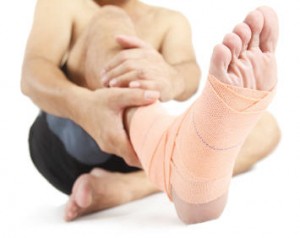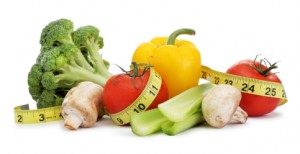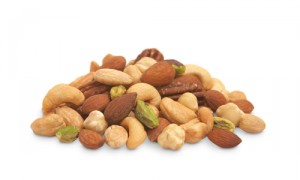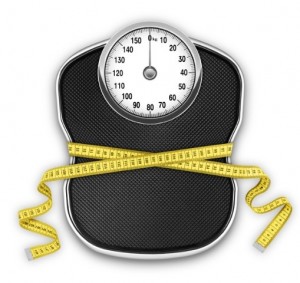 Acute injuries do happen from time to time whether it’s from working out, sports, or just accidents around the home. During the injury recovery time it is very important to feed your body the nutrients it needs and consume enough calories to speed up healing. Supplementing with some key micronutrients will help you heal faster and get you back to your routine. These micronutrients are Vitamin A, Vitamin C, Copper, and Zinc. Also, two minerals that play a vital role in injury prevention are Calcium and Iron. So make sure you are setting up a good environment in your body for healing so you can minimize your down time!
Acute injuries do happen from time to time whether it’s from working out, sports, or just accidents around the home. During the injury recovery time it is very important to feed your body the nutrients it needs and consume enough calories to speed up healing. Supplementing with some key micronutrients will help you heal faster and get you back to your routine. These micronutrients are Vitamin A, Vitamin C, Copper, and Zinc. Also, two minerals that play a vital role in injury prevention are Calcium and Iron. So make sure you are setting up a good environment in your body for healing so you can minimize your down time!

 Vitamin D, Calcium, Iodine, Omega-3 fat, and Zinc. You can increase your intake of these nutrients by eating more vegetables, legumes, nuts, seeds, and fruits or through supplementation if you can’t get enough through food.
Vitamin D, Calcium, Iodine, Omega-3 fat, and Zinc. You can increase your intake of these nutrients by eating more vegetables, legumes, nuts, seeds, and fruits or through supplementation if you can’t get enough through food. Every day, add good fats to your diet. Good fats come from foods like olive oil, flax oil, raw mixed nuts, avocados, and ground flax seeds. One of the best things you can do as well is add a fish or algae oil supplement each day.
Every day, add good fats to your diet. Good fats come from foods like olive oil, flax oil, raw mixed nuts, avocados, and ground flax seeds. One of the best things you can do as well is add a fish or algae oil supplement each day.![20150316_143902-1[1]](https://www.homebodytraining.ca/wp-content/uploads/2015/03/20150316_143902-11-233x300.jpg) If nutrition at these times is neglected then consequences such as extended muscle soreness, fatigue, overtraining symptoms, decreased performance, loss or minimal gain of muscle mass, and impaired metabolism may occur. To avoid this make sure you are consuming an appropriate amount of protein and carbs during this time. A good baseline recovery drink recommendation after your workout is for each hour of exercise cosume 600mL of water mixed with a quality protein powder that gives you approximately 30g of carbs and 15g of protein.
If nutrition at these times is neglected then consequences such as extended muscle soreness, fatigue, overtraining symptoms, decreased performance, loss or minimal gain of muscle mass, and impaired metabolism may occur. To avoid this make sure you are consuming an appropriate amount of protein and carbs during this time. A good baseline recovery drink recommendation after your workout is for each hour of exercise cosume 600mL of water mixed with a quality protein powder that gives you approximately 30g of carbs and 15g of protein. stored. Therefore high-carb diets can lead to an increase in fluid storage. When starting a low-carb/high-protein diet like the Atkins diet for example, the increase of protein will stimulate fluid loss and the low amount of carbs reduce the water storage. You may lose some weight quickly from this diet at first but keep in mind that this is water weight and your fluid losses will stabilize after the first few days. As always, a more balanced diet combined with a solid exercise plan will lead to true fat loss.
stored. Therefore high-carb diets can lead to an increase in fluid storage. When starting a low-carb/high-protein diet like the Atkins diet for example, the increase of protein will stimulate fluid loss and the low amount of carbs reduce the water storage. You may lose some weight quickly from this diet at first but keep in mind that this is water weight and your fluid losses will stabilize after the first few days. As always, a more balanced diet combined with a solid exercise plan will lead to true fat loss.